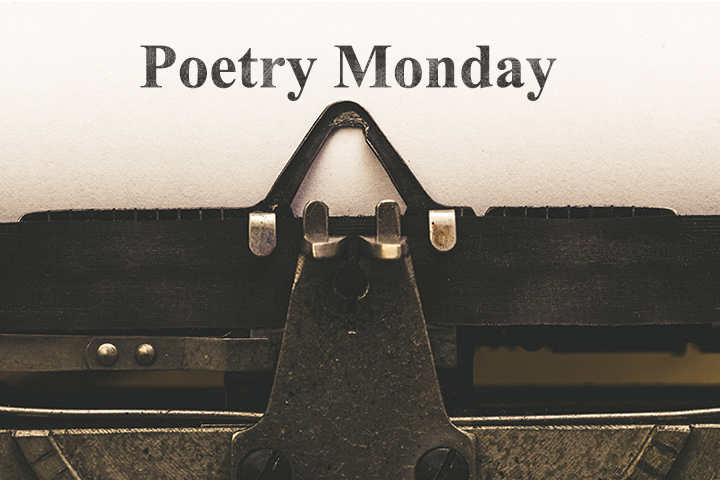Hey Everyone,
Here’s the first installment of what I promised last week in my blog and newsletter* — to share the things I’m leaning into for grounding and perspective during this pandemic time.
I came across this poem from Emily Rosen, who is the Director of the Institute for the Psychology of Eating, and want to share with you — because it made me feel less alone, more understood, and more hopeful (and I hope the same for you).
this is big
and so small
so loud and stunningly silent
as it screams through
systems nervous
policies strict
stories sold
and plans possible
leaving little trace
for a week or two
until the tracks
become visible
and pandemonium ensues
and
it’s done
the impossible
it’s stopped us
we have been stopped
in some very significant ways
we have stopped
and slowed
way down
we have
slowed
suspending
all not necessary
as inside
we must go
we are being
forced inward
a place
many of us
fear more than
the coughing, sneezing
and difficulty breathing
we’re being required
to revise our priorities
reexamine our values
reevaluate what we’ve
been giving our life to
and inspect
what we think
we indeed need
or must do
a restructuring renaissance
a righteous revolution
i don’t pretend
to know the result of
i just know this small thing
is so big
we all ought
do our part
so i go in, i
stop the sprinting
put the busy to bed
wash my hands
stay smart
make strong
be kind as we react differently
consider the collective
in each choice i’m making
support practically
aiding where i can
as problems of privilege
become preposterous to deny
and make this count
i make this unprecedented halt
to life as we know it
matter
matter not just for our health
now
but for our future better
our future
that at the very least
i’m pretty sure will be
more honest
maybe even wiser
conceivably more considerate
perhaps compassionate
ideally kinder
yes that’s
a possibility
worth protecting
to me
~emily joy rosen
This poem speaks to me about the fear of unseen things and the challenge of our new reality — and how fast it all seemed to arrive (although let’s be real– scientists have been sounding alarms for a long time…while we’ve collectively oscillated somewhere between denial, worry and distraction).
It speaks to me about going inside. Inside ourselves. Where the only real change happens. Our collective reality is but a reflection of our collective inner lives.
It speaks to me about waking up to what we’ve been focused on, what our inner lives are about, what we’ve been giving our lives to. What’s really important? Death, and the threat of death, have the effect of putting into stark relief what matters most to us. And helps us re-order our priorities, if we let it be our teacher.
And the poem underscores hope. “…our future, that at the very least, I’m pretty sure will be more honest, maybe even wiser…perhaps compassionate.”
May it be so.
Be well. Wash your hands. Stay connected.
— Lisa


